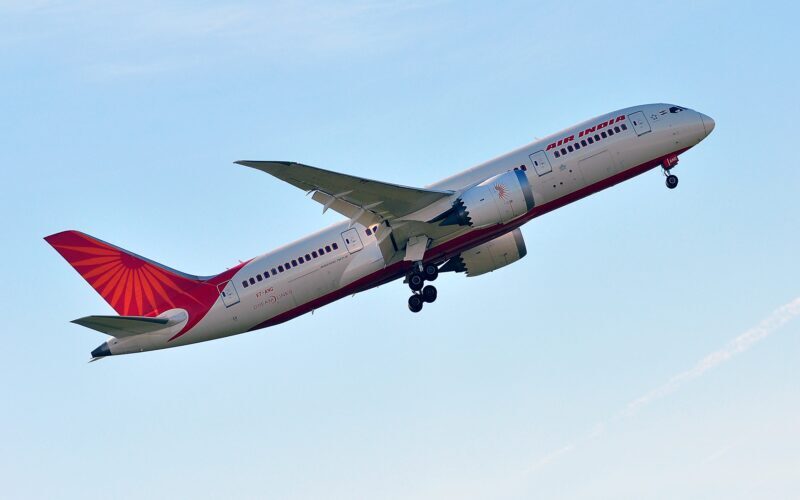Air India Crash Probe Ongoing, CEO Warns Against Premature Conclusions

The investigation into the deadly Air India crash in Ahmedabad is far from over, and it is premature to draw any conclusions based on initial findings, airline CEO Campbell Wilson stated in an internal memo on Monday July 14. His comments follow the release of a preliminary report by India’s Aircraft Accident Investigation Bureau (AAIB).
The memo, reviewed by Reuters, was issued after the AAIB report revealed apparent confusion in the cockpit moments before the Boeing 787 Dreamliner crashed on June 12, killing 260 people. According to the report, both engine fuel cutoff switches were flipped from the “RUN” to “CUTOFF” position shortly after takeoff, cutting power to the engines.
“The release of the preliminary report marked the point at which we, along with the world, began receiving additional details about what took place,” Wilson wrote. “Unsurprisingly, it provided both greater clarity and opened additional questions.”
He emphasized that the report did not determine a cause nor offer recommendations. “I urge everyone to avoid drawing premature conclusions as the investigation is far from over,” Wilson added.
The Dreamliner was en route from Ahmedabad to London when it began losing thrust shortly after departure. The aircraft crashed into a hostel building at BJ Medical College, killing 241 passengers and crew, as well as 19 people on the ground. Only one person survived.
The internal memo also noted that the preliminary report found no mechanical or maintenance issues, confirming that all scheduled servicing had been completed. There were also no immediate actions recommended for Boeing or GE Aerospace, which manufactures the aircraft’s engines.
The AAIB, operating under India’s Ministry of Civil Aviation, continues to lead the investigation. Additional analysis of flight data, cockpit voice recordings, and post-mortem results are expected in the coming months, with a final report due within a year.
Air India has come under increased scrutiny on multiple fronts following the crash. On July 4, the European Union Aviation Safety Agency (EASA) announced it would open an investigation into Air India Express, the airline’s low-cost subsidiary. This follows a Reuters report revealing the carrier failed to replace engine parts on an Airbus A320 as mandated and falsified maintenance records to show compliance.
Meanwhile, ALPA India, representing Indian pilots under the Montreal-based International Federation of Air Line Pilots’ Associations, rejected early assumptions that pilot error was to blame in the Ahmedabad crash. The organization called for a “fair, fact-based inquiry.”
“The pilots’ body must now be made part of the probe, at least as observers,” said ALPA India President Sam Thomas in a statement on July 13.
The crash has sparked debate about cockpit safety procedures, airline oversight, and maintenance transparency. With regulators, unions, and aviation experts now closely monitoring the investigation, the findings are expected to influence both domestic and international aviation safety standards.
Related News: https://airguide.info/?s=air+india, https://airguide.info/category/air-travel-business/travel-health-security/
Sources: AirGuide Business airguide.info, bing.com, reuters.com
